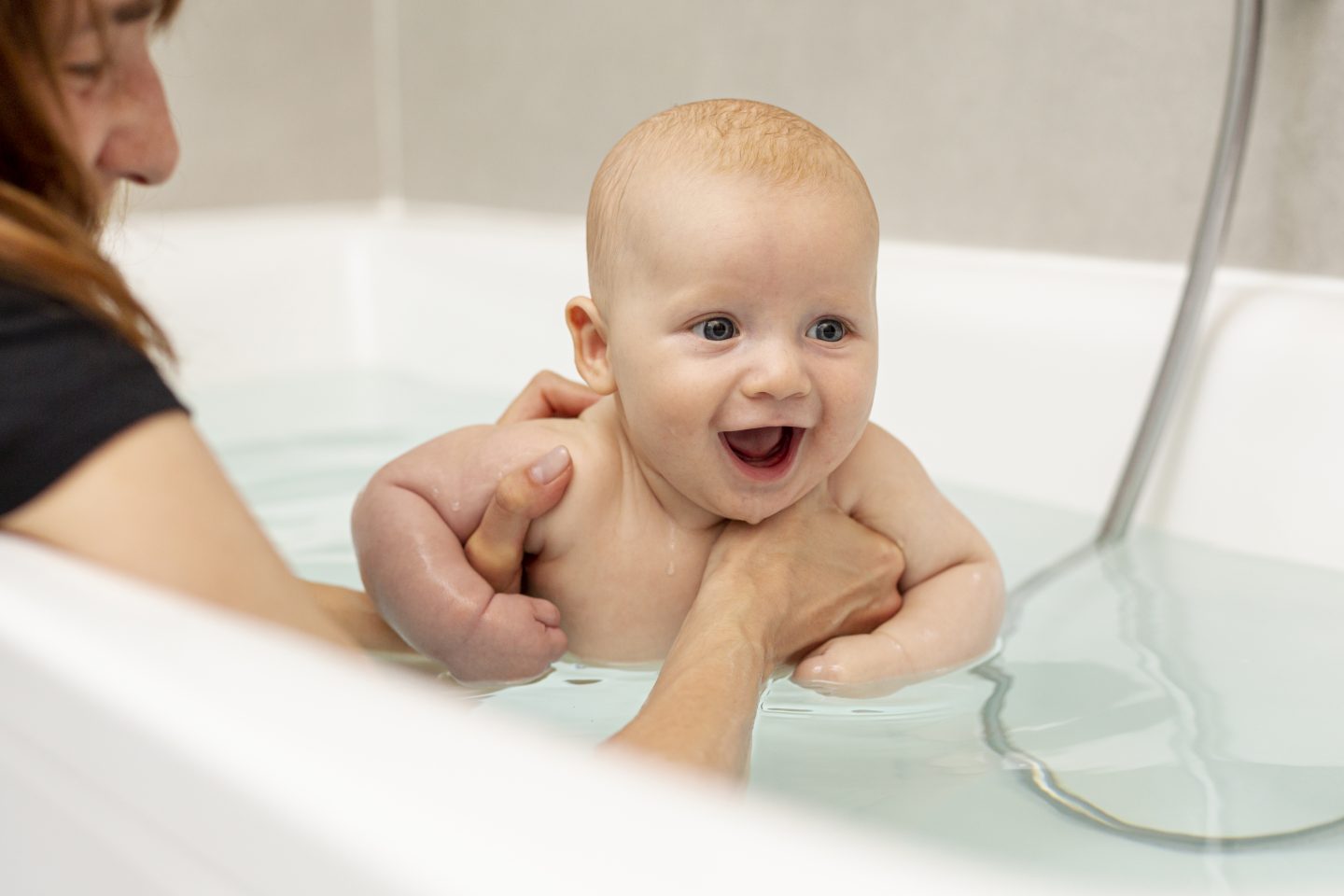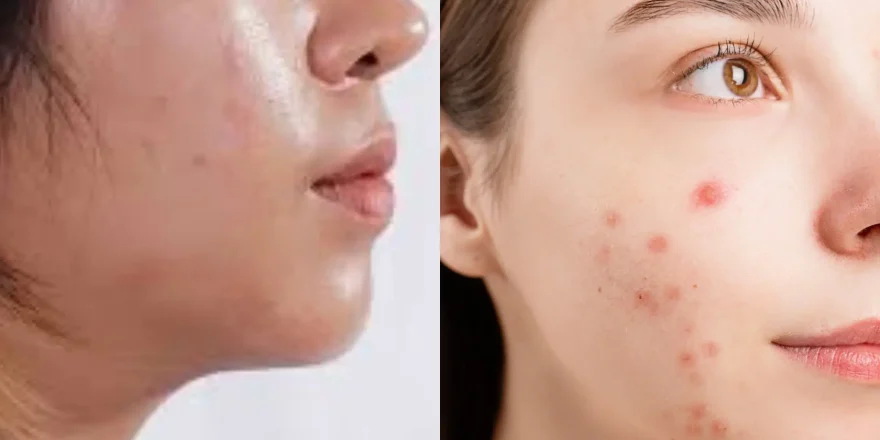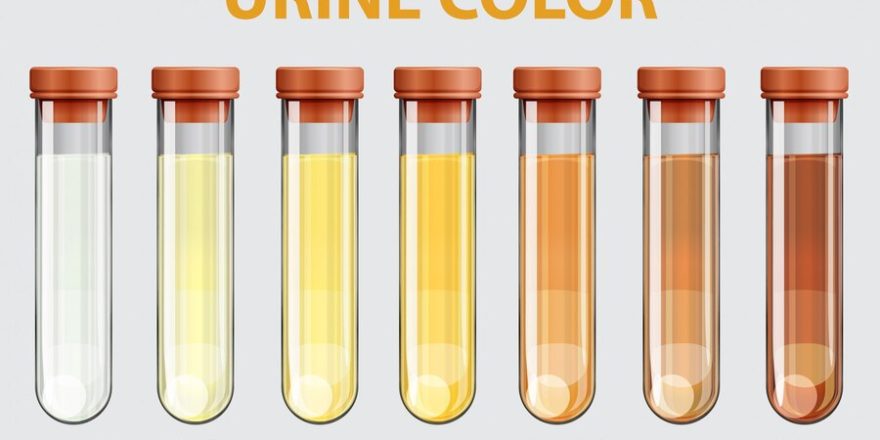Discover the importance of skin health for babies and how to keep their delicate skin safe and protected. This guide is a must-read for all parents!
As a parent, ensuring the health and well-being of your baby is a top priority. One crucial aspect of their overall health is their skin. Babies have delicate and sensitive skin that requires special care and attention. In this guide, we will explore the importance of skin health for babies and provide tips on how to keep their skin safe and protected. Whether you’re a new parent or have experience with babies, this information is essential for ensuring your little one’s skin stays healthy and happy.
Understanding the Basics of Baby Skin.
Before diving into the importance of skin health for babies, it’s important to understand the basics of baby skin. Baby skin is significantly different from adult skin and requires unique care. It is thinner, more delicate, and more prone to dryness and irritation. Additionally, babies have a higher skin surface area to body weight ratio, which means they are more susceptible to absorbing harmful substances from their environment. Understanding these differences will help you better protect and care for your baby’s skin.
Establishing a Proper Skincare Routine for Babies.
Establishing a proper skincare routine for babies is essential for maintaining their skin health. Here are some key steps to include in your baby’s skincare routine:
1. Gentle Cleansing: Use a mild, fragrance-free cleanser specifically formulated for babies. Avoid harsh soaps or cleansers that can strip away natural oils and irritate the skin.
2. Moisturize Regularly: Baby skin tends to be dry, so it’s important to moisturize regularly. Choose a gentle, hypoallergenic moisturizer that is free from harsh chemicals and fragrances.
3. Protect from the Sun: Even though babies have delicate skin, they still need protection from the sun’s harmful rays. Apply broad-spectrum sunscreen with at least SPF 30 to your baby’s exposed skin when going outdoors.
4. Diaper Care: Keep your baby’s diaper area clean and dry to prevent diaper rash. Change diapers frequently and use a gentle diaper cream or ointment to create a protective barrier.
5. Avoid Harsh Chemicals: Be mindful of the products you use on your baby’s skin. Avoid products that contain harsh chemicals, fragrances, or dyes, as these can cause irritation and allergic reactions.
Remember, every baby is different, so it’s important to pay attention to your baby’s individual needs and adjust the skincare routine accordingly. Consulting with a pediatrician or dermatologist can also provide valuable guidance for maintaining your baby’s skin health.
Choosing the Right Products for Baby’s Skin.
When it comes to choosing products for your baby’s skin, it’s important to prioritize safety and gentleness. Look for products that are specifically formulated for babies and are free from harsh chemicals, fragrances, and dyes. Opt for hypoallergenic options that have been dermatologist-tested and approved. Reading product labels and doing research on reputable brands can help you make informed decisions. Additionally, consulting with your pediatrician or dermatologist can provide valuable guidance on which products are best suited for your baby’s unique needs. Remember, the health and well-being of your baby’s skin should always be a top priority.
Protecting Baby’s Skin from Harsh Environmental Factors.
Babies have delicate and sensitive skin, making it important to protect them from harsh environmental factors. Exposure to extreme temperatures, sunlight, pollution, and chemicals can all have negative effects on their skin. To keep your baby’s skin safe, it’s essential to take certain precautions. Dress your baby in lightweight, breathable clothing that covers their skin and provides protection from the sun. Use a baby-friendly sunscreen with a high SPF to shield their skin from harmful UV rays. Avoid exposing your baby to excessive heat or cold, and keep their environment clean and free from irritants. By taking these steps, you can help maintain your baby’s skin health and prevent any potential skin issues.
Common Skin Conditions in Babies and How to Treat Them.
Babies are prone to various skin conditions due to their delicate skin. Some common skin conditions in babies include diaper rash, cradle cap, eczema, and baby acne. Diaper rash is caused by prolonged exposure to wetness and can be treated by keeping the diaper area clean and dry, using diaper rash creams, and allowing the baby to go diaper-free for short periods. A cradle cap is characterized by flaky, scaly patches on the scalp and can be treated by gently massaging baby oil or petroleum jelly onto the affected area and using a soft brush to remove the scales. Eczema is a chronic condition that causes dry, itchy, and inflamed skin. It can be managed by keeping the baby’s skin moisturized, avoiding triggers such as harsh soaps and fragrances, and using prescribed creams or ointments. Baby acne is common and usually resolves on its own without treatment. It is important to avoid picking or squeezing the acne as it can lead to scarring. If you notice any persistent or severe skin conditions in your baby, it is best to consult a pediatrician for proper diagnosis and treatment.
In conclusion, maintaining good skin health for babies is crucial for their overall well-being and development. The skin serves as a protective barrier against external threats and helps regulate body temperature. By following proper skincare routines, using gentle products, and keeping the skin moisturized, parents can ensure that their babies’ skin remains healthy and free from irritation or discomfort. Additionally, regular check-ups with a pediatrician can help identify any underlying skin conditions or allergies early on, allowing for prompt treatment. Investing in the health of our baby’s skin today will contribute to their long-term health and happiness tomorrow. Let us all strive to prioritize their skin health and provide them with the care they deserve.





